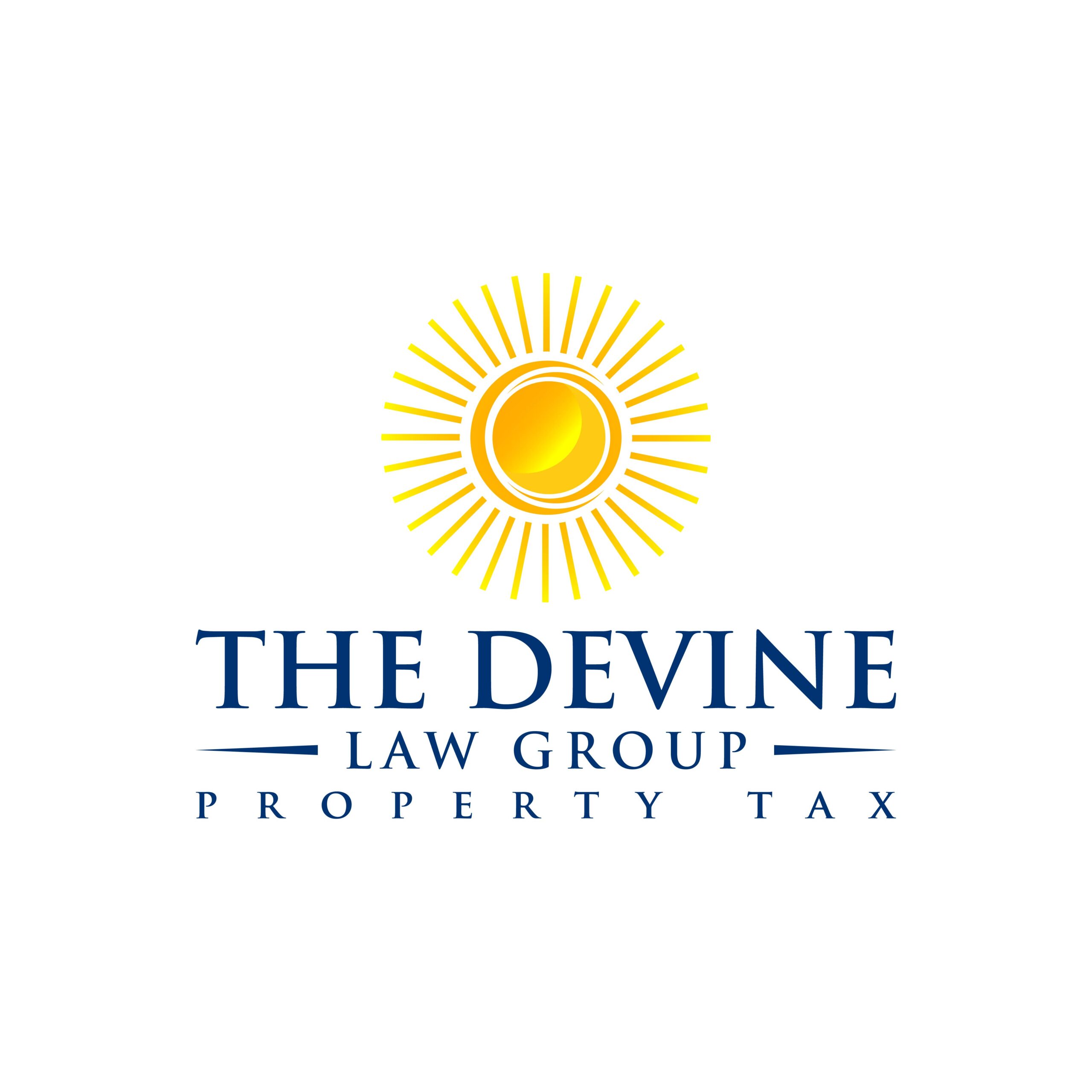Unclear.
The Assessor already has access to enormous amounts of data on commercial rents and expenses that
have come into assessing offices over the past several years. Additionally, there are data aggregation
services that offer comprehensive information about market rents, expenses, and cap rates in Cook
County. Rather than use the data at hand, there have been three years of efforts to make data
disclosure mandatory for commercial property owners. Under some proposals, failure to comply would
trigger brand new audit powers for the Assessor and fees that would be paid to the Cook County
Assessor’s Office.
If we were to consider the pros and cons, it would look like this:
| PRO | CON |
| If the Assessor were to have the income/expense data upfront, maybe my assessment would be accurate, and I would not have to appeal the value. | The Assessor already has access to enormous amounts of data and the assessments are not accurate. |
| Many who have tried to utilize the earlier versions of the RPIE form found that it does not function and is cumbersome to complete, if not impossible. | |
| Commercial landlords do not like the idea of the Assessor generating a comprehensive list of all their proprietary leasing information and do not trust that it will be anonymized. | |
| Landlords are wary of creating a shortcut for the Assessor to apply a REIT-style cap rate to the income and expense data for their property that will never be an acquisition target for a REIT. | |
| The Assessor was not able to reliable publish the reassessment data for townships for the 2021 assessment year. The office recalled townships after publication numerous times. This does not engender confidence that the assessor can manage big data, to begin with. |
In short, if the desire to not need to hire a property tax attorney is high and the trust in the Assessor is
high, it may make sense to fill out the Real Property Income and Expense (RPIE) form. However, you can see from the last three years of
assessment appeal cycles that the Board of Review is reducing the Assessor’s values based on their own
valuation criteria, then you will need an attorney anyway and should defer to the professional judgment
of whomever you hire.


